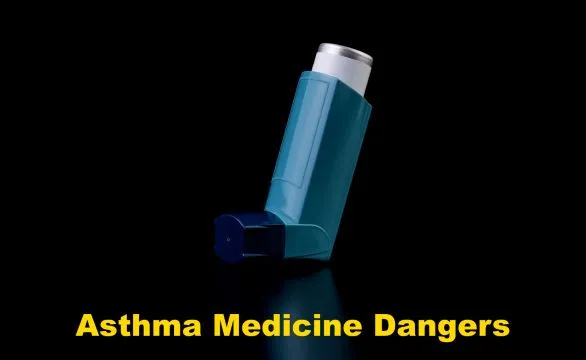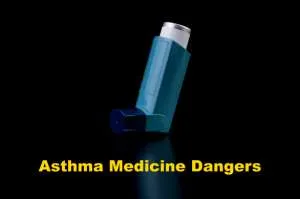
- Share on Facebook88
- Share on Pinterest
- Share on Twitter
It has been found that many people who have stopped taking steroids for allergies and asthma have developed problems with their adrenal glands.
Examining the risk with long-term corticosteroid use
A European study led by senior author Dr. Olaf Dekkers, an endocrinologist at Aarhus University in Denmark, found that after long-term use of corticosteroids people were experiencing symptoms of adrenal gland malfunction. These symptoms included weight loss, dizziness, fatigue, and cravings for salt.
“The takeaway message of the study is that in corticosteroid use there is a substantial risk of adrenal insufficiency,” said Dr. Dekkers. “Patients should be aware of this risk and be informed about potential symptoms.”
Dekkers and his team analyzed 74 published research articles spanning between 1975 and 2014 that covered the experiences of 3,753 study group participants. They were analyzing data to determine how different doses and types of treatment with corticosteroids could impact the risk for adrenal insufficiency.
Inhaled corticosteroids posed the least risk
The findings of the study showed that highest risks for adrenal insufficiency were associated with oral or injected doses of corticosteroids compared to inhaled, topical, or nasal treatments. The difference was considerable — a 7-percent risk with inhaled corticosteroids compared to 44 percent with other formulations.
Adrenal insufficiency was much more likely for patients who took high doses or continued treatment longer than three weeks.
“It’s likely, and it’s often overlooked because most often the people who prescribe corticosteroids aren’t endocrinologists; they are in other specialties, and they don’t recognize the symptoms of adrenal insufficiency,” explained Dr. Roberto Salvatori, medical director of the Pituitary Center at Johns Hopkins Hospital in Baltimore.
For this reason, Dr. Salvatori gives his patients medical identification bracelets or necklaces if they are on corticosteroids that explain they are at risk for adrenal insufficiency.
“This is a very important issue that’s not on the radar screen,” explained Salvatori.
 These medications alter the body’s natural production of cortisol
These medications alter the body’s natural production of cortisol
Corticosteroids are a manufactured drug designed to mimic a naturally produced hormone called cortisol. The adrenal glands are responsible for creating cortisol in the body.
The use of corticosteroids is usually as a treatment for reducing inflammatory conditions such as psoriasis, asthma, lupus, blood cancers, rheumatoid arthritis, and organ transplants.
When someone develops adrenal insufficiency, it means their body is not producing enough of two necessary hormones, aldosterone and cortisol. Aldosterone is responsible for maintaining proper amounts of water, potassium, and salt in the body. Cortisol is necessary for helping the body react to stress, heal after infection, and in the regulation of metabolism and blood pressure.
After long-term use of these steroids, the body can experience difficulty regulating the proper natural production of these hormones leading to adrenal insufficiency.
—The Alternative Daily
Sources:
http://www.reuters.com/article/2015/04/23/us-health-steroids-adrenal-glands-idUSKBN0NE28S20150423
http://www.bottomlinepublications.com/component/mtree/article/natural-remedies/adrenal-fatigue-surprising-cause-of-allergies-and-asthma
http://www.foxnews.com/health/2015/04/24/common-asthma-steroids-linked-to-side-effects-in-adrenal-glands
http://www.ncbi.nlm.nih.gov/pmc/articles/PMC2111185/
- Share on Facebook88
- Share on Pinterest
- Share on Twitter

